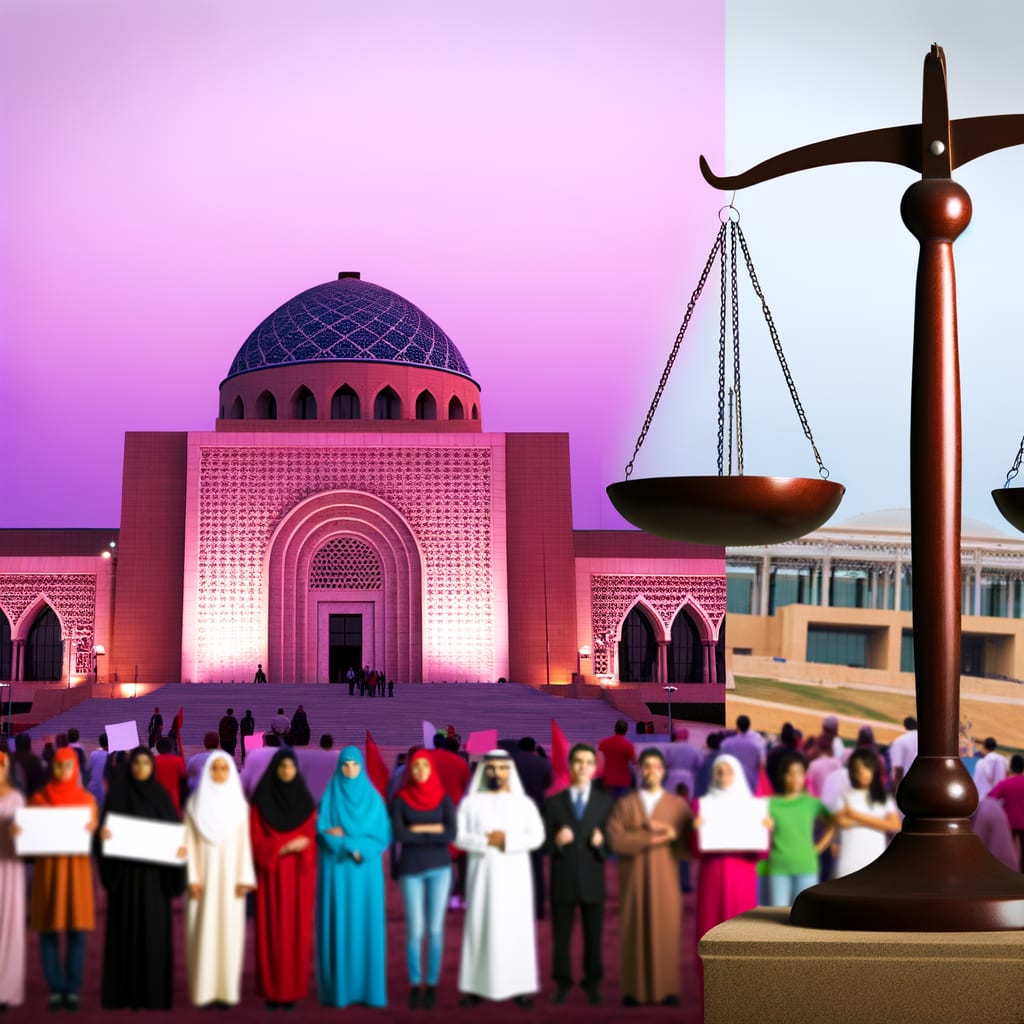Israeli Parliament Advances Controversial Death Penalty Bill Amidst Criticisms
In a controversial move, Israel's parliament, the Knesset, has moved to advance a bill that would introduce the death penalty for those deemed as 'terrorists', a term critics argue is primarily targeted at Palestinian prisoners convicted of killing Israelis on nationalistic grounds
. This development has drawn widespread criticisms, with opponents labelling it as a 'racist' and 'criminal' move aimed at legitimizing the killing of Palestinians.
Background and Context
The bill, championed by National Security Minister Itamar Ben Gvir, was pushed through the Knesset's National Security Committee and gained approval in its first reading, with 39 members voting in favor and 16 against. It still requires two more readings before becoming law.
The proposed legislation would allow judges to impose the death penalty on Palestinians convicted of killing Israelis on so-called “nationalistic” grounds. However, the bill would not apply to Israelis who kill Palestinians under similar circumstances, according to the Middle East Eye and Al Jazeera English.
Key Developments and Details
In celebration of the bill's advancement, Minister Itamar Ben Gvir distributed sweets in the parliament, describing the vote as a 'victory for the victims of terrorism', according to Corriere della Sera and Middle East Eye. However, this move was met with significant backlash.
Opposition to the bill has been vociferous, with the Islamic Resistance Movement, Hamas, denouncing the bill as an extension of the racist Zionist approach and an attempt to legitimise mass murder against our people
. Tehran Times also labeled the bill as a tool of repression and a dangerous turning point for Palestinians under occupation, international law, and humanity.
Implications and Reactions
Critics fear that the proposed legislation will discriminate against Palestinians. The legislation's terms have been described as a dangerous criminal escalation within the systematic extermination and ethnic cleansing against
Palestinian people by Hamas. The group has called for global action against Israel, including deterrent sanctions.
Beyond the borders of Israel, the bill has also raised concerns among international observers. The Guardian and The Times of Israel reported an ongoing probe into anti-IDF chants at the Glastonbury festival, highlighting the heightened tensions and global attention towards Israeli-Palestinian relations and the contentious death penalty bill.
Conclusion
While the bill has passed the first hurdle, it still faces two more readings in the Knesset before it can become an official law. Its progress and final outcome are likely to be closely watched by local and international observers, given its potential implications for Israeli-Palestinian relations and the wider Middle East. Despite the celebrations from some quarters, the bill's advancement has further stoked the flames of an already heated and complex issue - an issue that will continue to shape the narrative of the Israeli-Palestinian conflict.

